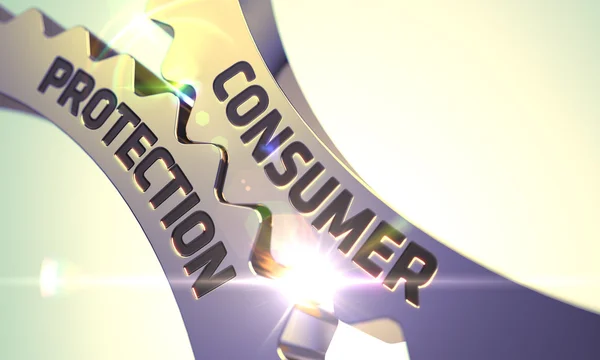What Does Consumer Affairs Mean?
Consumer affairs is a well-established system or body designed to protect and safeguard consumers and/or purchasers of products and/or services. It safeguards customers from fraud. Whether you were sold a lemon automobile or were purposefully overpaid for an item, the consumer affairs department can help. Its principal business function is to manage all matters relating to customers' well-being and commercial transactions.
Scam Warnings
According to the Federal Trade Commission, a state consumer affairs department, in collaboration with the Federal Trade Commission (FTC), assists consumers in avoiding being victims of "fraud, deception, and unfair business practices [scams] in the marketplace" through free public education and educational tools. The Federal Trade Commission (FTC) and the Department of Consumer Affairs (DCA) enforce federal consumer protection laws.
Commerce
Customer affairs departments often provide internet tools for the regular consumer, ranging from house ownership, renting, banking, travel, education, and automobiles, among other things. Problems with autos, their sales, and service are one of the main concerns of consumer affairs. When purchasing your next automobile or other items and/or services, a consumer affairs department may offer you with proactive information to help you avoid common scams and other forms of consumer fraud.
The customer has been the focus of consumer affairs departments since their inception. By arming yourself with the resources provided by consumer affairs departments and the Federal Trade Commission, you can guarantee that you are treated fairly while you take advantage of everything the marketplace has to offer.
What Does "Consumer Awareness" Mean?
Consumer awareness refers to a buyer's understanding of a product or brand, and it helps them to get the most out of their purchases. When consumers have access to product information, they can make well-informed decisions about what to buy and how much to spend. Knowing and understanding one's rights, as well as analyzing cautions and warnings, is beneficial to consumers.
Product Specifications
Consumers can benefit from product information provided by third parties who are not affiliated with the firm selling the product or service. Consumer-review websites, such as Consumer World, offer product pricing and feature comparisons as well as purchasing advice. A comparison of the reliability of various automobiles on the market, for example, or comments on the greatest firms in a certain area are examples. Consumer Reports offers product reviews and ratings for a wide range of items.
Agencies And Organizations Can Assist
Consumer-awareness campaigns are frequently launched by government agencies and consumer groups to assist consumers comprehend new items on the market. The Food and Drug Administration (FDA) provides information on food product labels to customers, as well as the switch from analog to digital television in 2009.
Consumer Protection
Consumer rights knowledge informs customers on what to expect from businesses that provide goods and services. Consumer information is available from the Federal Trade Commission. One of its goals is to assist customers in avoiding being scammed or ripped off, as well as to help them exercise their consumer rights when necessary. For example, the Federal Trade Commission may assist you understand your rights while buying a car, financing a car, and any rights you may have if you default on your loan.
Fraud Alerts
Consumer warnings are an important aspect of consumer education. Consumers may protect themselves when making purchases by being aware of fraud warnings, identity frauds, and misleading actions by businesses. Consumer information on the FTC's "Deter, Detect, Defend" website assist people understand what identity theft is, how to spot it, and what to do about it.
Awareness Of Safety
Consumer education can help to improve safety and perhaps save lives. The Consumer Product Safety Commission of the United States is a source of information on product safety, including equipment recalls and safety warnings. Girls' hooded sweatshirts with drawstrings have been recalled due to a strangling danger, while infant slings have been recalled due to the risk of asphyxia.

